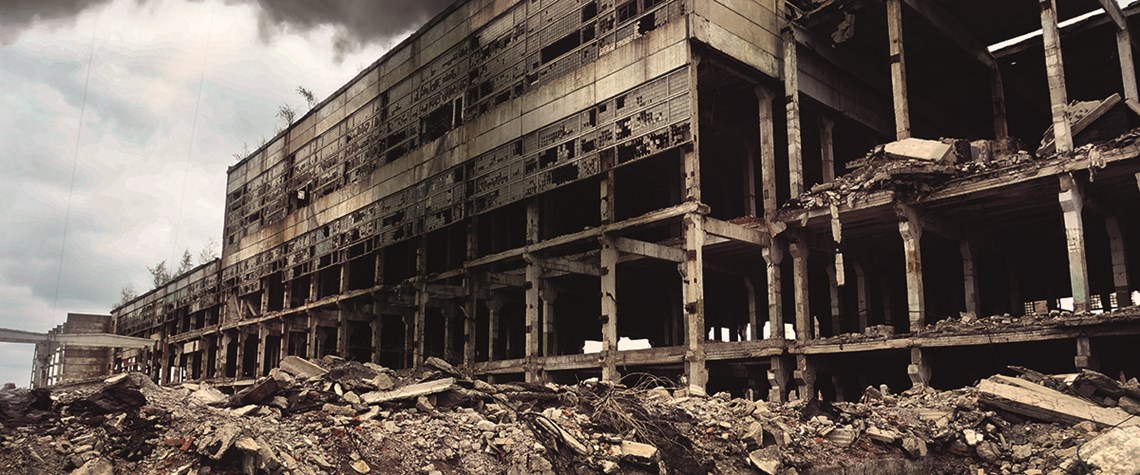Middle East's elusive olive branch
While diplomatic efforts to end conflicts may intensify, success will be in short supply
In 2018, most of the Middle East's conflicts look set to continue, and new ones could arise. The region is still undergoing a period of profound transformation, of which the 2011 Arab uprisings were a manifestation and a catalyst rather than a cause. The multiple civil wars now underway originated in a breakdown of state authority and legitimacy over frustrated economic expectations, anger at injustice and brutality, and poor leadership. Efforts to rebuild or redraw states, map out new nationalisms and identities, and find new economic models are all long-term projects with uncertain prospects for success. As such, complex conflicts will remain a feature of the region for years to come. But

Also in this section
24 July 2025
The reaction to proposed sanctions on Russian oil buyers has been muted, suggesting trader fatigue with Trump’s frequent bold and erratic threats
24 July 2025
Trump energy policies and changing consumer trends to upend oil supply and demand
24 July 2025
Despite significant crude projections over the next five years, Latin America’s largest economy could be forced to start importing unless action is taken
23 July 2025
The country’s energy minister explains in an exclusive interview how the country is taking a pragmatic and far-sighted approach to energy security and why he has great confidence in its oil sector








